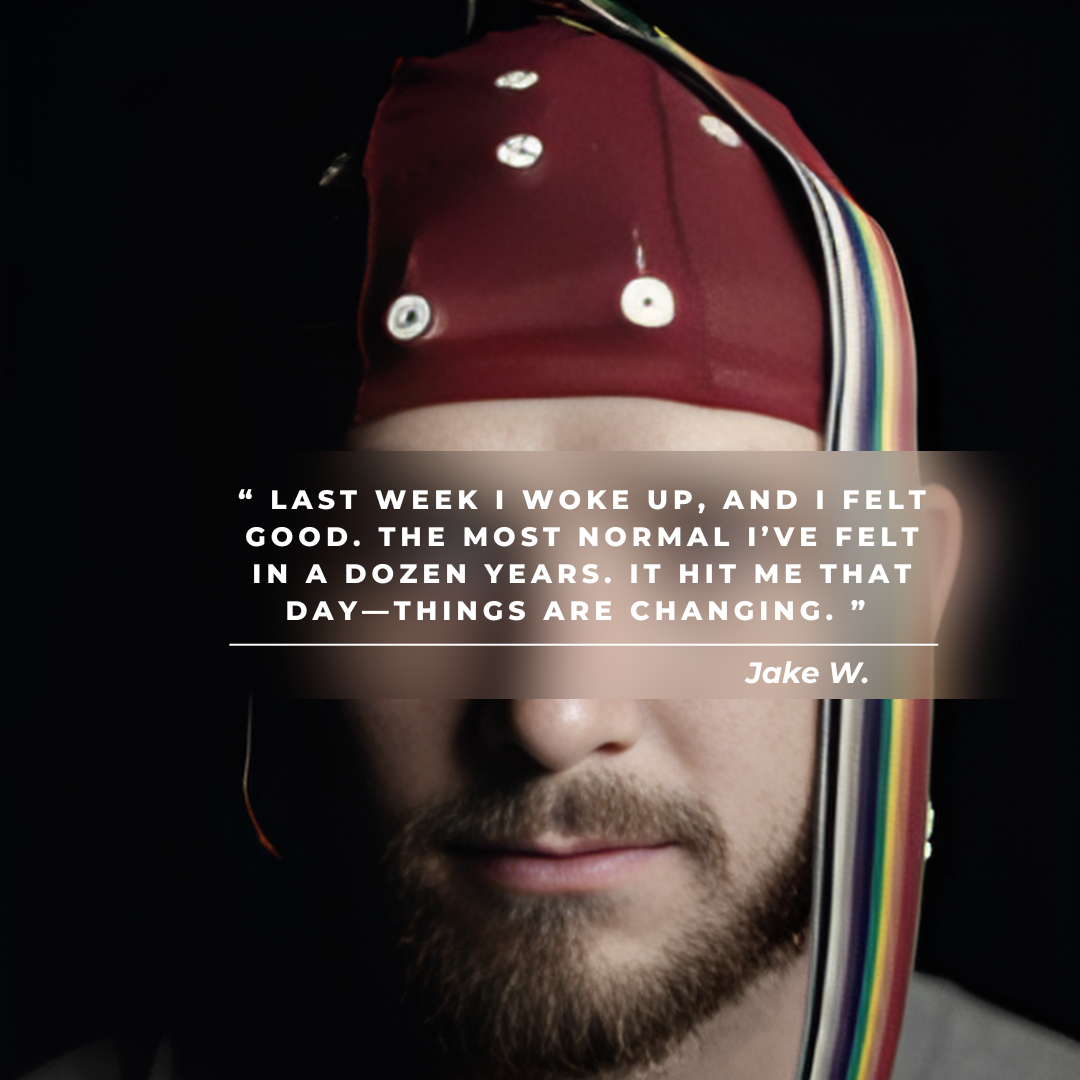The Struggle - A Veteran's Story
For many veterans, the battle doesn’t end when they return home. Trent Williams, a Canadian military veteran who served during the Bosnian civil war, found himself trapped in a cycle of overwhelming emotions and physical tension years after his deployment (source).
Flashbacks of war filled his nights, leaving him restless and exhausted. Hypervigilance became his constant companion, making everyday moments feel unsafe. Relationships grew strained as anxiety and irritability took over. Traditional therapies only scratched the surface, leaving Trent searching for something that could help him feel like himself again.
For Trent—and countless others like him—the invisible wounds of service took a toll not only on his own life but also on his family.
How It Impacts Families
The struggles veterans face often ripple out to their loved ones. Families take on the role of caregivers while managing their own stress and emotions.
These challenges can leave families feeling isolated and powerless, trapped in cycles of stress that seem impossible to break.
The Solution – How Neurofeedback Helps Veterans and Families
As one article notes, “War places man under duress for which the nervous system is ill-prepared.” Prolonged stress, poor sleep, brain injuries, illness, and trauma can all create brainwave dysregulation. Veterans often experience lingering mental and emotional challenges after returning home, including difficulty sleeping, mood instability, memory issues, and emotional disconnection (source). These symptoms correlate with brainwave dysregulation.
Neurofeedback is technology-driven learning that teaches the brain to better regulate leading to a reduction in symptoms.

Neurofeedback Process - How it works?
Neurofeedback, biofeedback for the brain, works by helping the brain learn healthier patterns of behavior through real-time feedback on its activity. This process helps veterans and their families:
One compelling example involves a WWII veteran who hadn’t slept well since the war. After a series of neurofeedback sessions, his sleep patterns returned to the quality he had as a teenager. “The capacity of recovery was never lost in his brain” (source).
With remote neurofeedback options, this transformative solution becomes even more accessible. Veterans and families can train in the comfort of their own homes, supported by expert coaches who address each client’s or family’s unique needs.
What Success looks like
Neurofeedback’s impact is life-changing. One of our clients, Jake W., described it best:
“Last week I woke up, and I felt good. The most normal I’ve felt in a dozen years. It hit me that day—things are changing,” Jake shared “I’ll notice how nice it is outside. I appreciate Shannon [his love] more.”
These moments of peace and connection aren’t just milestones—they’re evidence of what’s possible when the brain has the opportunity to learn how to better regulate.
Take the First Step Toward Healing
At SYMMETRY Neuro-PT, we want to make Neurofeedback for veterans and their families more accessible than ever.
💻 Book Your Discovery Call now: https://go.oncehub.com/symmetry
📞 Call us at 844-272-4666 or email info@symmetryneuropt.com.
👉 Share this with someone you know who could benefit. Together, we can help more veterans and families find the peace they deserve.